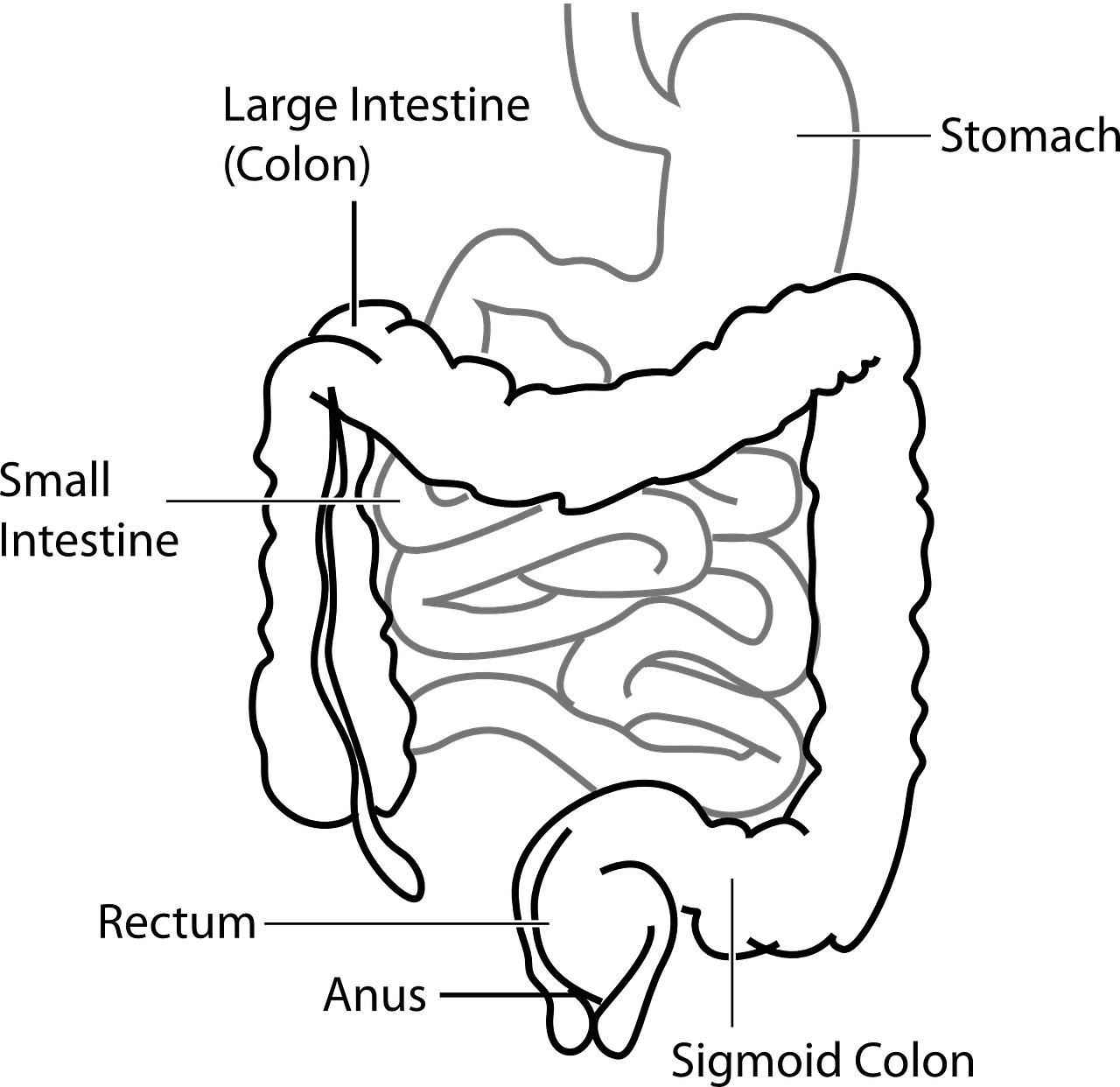Is It Harmful to Take Antacids Every Day?
Is it harmful to take antacids every day? Here we want to look at the risks and benefits of taking antacids every day. Mostly we will look at what the potential problems are from taking daily antacids, like nutrient deficiencies and other problems lower down in the digestive tract.
So if you want to know how taking daily antacids affect your body, keep reading.
Benefits of Taking Antacids
First let's look at what antacids are and how they can be helpful to us. Antacids are very important in preventing serious damage to the mucosa and cells lining the inside of esophagus and stomach. They do come at a cost, however. So what do we mean by antacid because there are several different types and mechanisms of reducing the acid production. The simplest versions are things like Tums which contain bicarbonate. These basically neutralize the acid that is coming out of the cells of the stomach.
There are also things like histamine type 2 blockers. Examples of these include things like ranitidine, famotadine, etc. These work by blocking the histamine from binding to the parietal cells. These are cells in the stomach. When the histamine binds here, it causes acid to be released from these cells. With histamine type 2 blockers, the production of acid is blocked or reduced through binding to that receptor and inhibiting the histamine from binding. These can reduce the production of acid by as much as seventy percent.
There are also antacids called proton pump inhibitors which include prilosec and pantoprazole. These directly inhibit the pumps that creates the acid. These can inhibit acid production by more than ninety percent. So there are three main types of antacids, the neutralization of the acid, the inhibition of the histamine which then reduces the acid, and then directly inhibiting the pump.
The idea with taking antacids is that you are going to reduce the acid. This allows the mucous membranes and cells in the esophagus in the stomach to take a break from all the acid production. This can be helpful for short periods of time. However in looking at what the potential harm or cost is, we also have to have to ask what is the purpose of the acid to begin with. Why is the body producing the acid? 
The Harm In Taking Antacids Every Day
The first thing that the the acid does is activate enzymes in the stomach. Once active these enzymes go on to do the bulk of the digestion and breakdown of the protein bonds in the stomach. This is the first problem with taking antacids every day. There is less food breakdown in the stomach leading to decreased absorption of nutrients both in the stomach and further down. Most of the food and nutrient absorption occurs lower down in the small intestines but some does occur in the stomach as well. There is actually a lot more to the story.
The same cells that are being inhibited by the proton pump inhibitors and the histamine blockers also produce something called intrinsic factor. Intrinsic factor is needed to absorb vitamin B12 lower down in the digestive tract. What happens is B12 is tangled in with the proteins that we eat like animal proteins. When we consume the protein the acids and enzymes start to loosen up and break apart. Once this occurs the intrinsic factor can bind to the B12. The small intestine is where it is actually absorbed by the body. If we take antacids we inhibit the parietal cells from producing acid and inhibit the production of intrinsic factor.
In addition when there is decreased acid in the stomach it changes what happens further down in the small intestine. When there is less acid secreted in the stomach, there is less production of secretin. This is a hormone that is produced in the small intestine in response to the acidic environment triggered by stomach contents. Secretin causes the pancreas to produce bicarbonate and other pancreatic enzymes. The bicarbonate neutralizes the stomach acid so that the enzymes produced by the pancreas can act in that environment. The environment of the small intestine is a different ph than what is higher up in the stomach. So the less secretin can change how the enzymes work.
With less acid there is a decrease in the protein breakdown and free fatty acids. This can trigger decrease production in CCK. CCK, also known as Cholecystokinin, is another hormone that is produced in response to fatty acids and some amino acids This hormone stimulates the pancreas to secrete lipase and protease. Without it you have decreased breakdown of your food. The other thing is CCK causes the gallbladder to contract and release bile. Bile is needed for emulsification of the fats that are in the small intestine. Without bile, lipase cannot efficiently work on the fats because they are lumped together in one big ball.
Is It Harmful to Take Antacids Every Day?
Yes it can be but the dose and duration of taking them does matter. Short term uses like days to weeks, your body can recover from. In some cases they are the only option to get your problem under control. For instance, if there is severe erosion and other problems going on, some people may need to even take the antacids on a longer term. However long-term chronic use will lead to B12, iron, and magnesium deficiency. Chronic use can also increase your risk for bacterial overgrowth and other microbial imbalances lower down in the small intestine and potential even in the colon.
So keep these things in mind if you are taking antacids or considering taking them. If you are already on them, you may want to look at your options for getting off them. If it turns out you need to take them, be sure to periodically check if you have any vitamin or mineral deficiencies.
Now you know what the risks and benefits are of taking antacids every day. If you have questions about any of the content here, please ask in the comment section below. If you need help getting off your antacids or managing your digestive issues, click on the link below to get started.




















